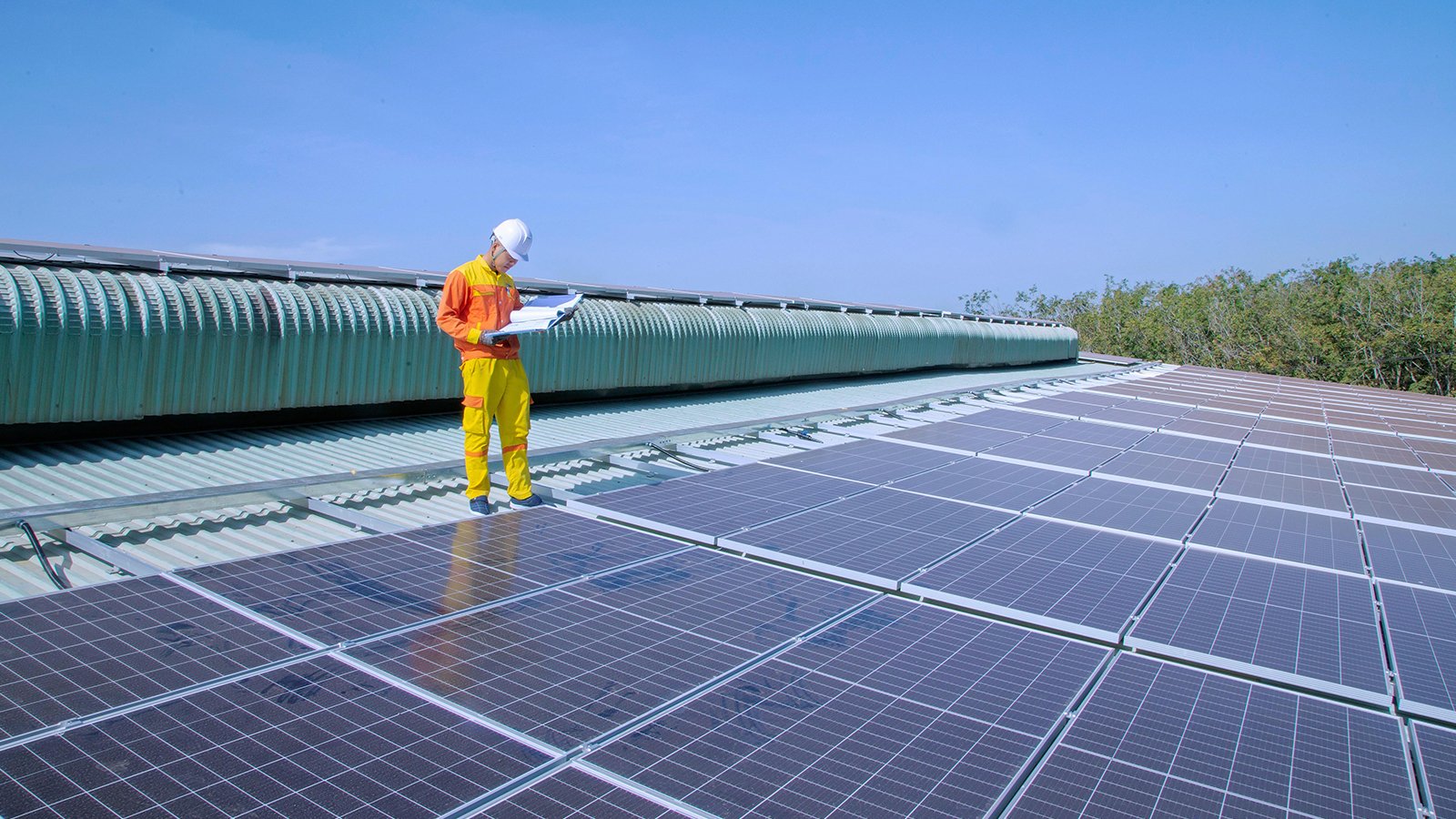Future of Alternative Energy, Why World Started in this Industry, Causes and Challenges

The of alternative energy is increasingly viewed as vital for addressing several pressing global challenges, including climate change, energy security, and economic development. Here’s a comprehensive overview of the importance of transitioning to alternative energy sources in both developing and developed countries.
Importance of Alternative Energy Transformation
- Environmental Impact:
- Reduction of Carbon Emissions: Traditional fossil fuels contribute significantly to greenhouse gas emissions, which cause global warming. Alternative energy sources like solar, wind, hydro, and geothermal produce little to no emissions, helping mitigate climate change.
- Reduced Pollution: Transitioning to cleaner energy reduces air and water pollution, improving public health and reducing healthcare costs.
- Energy Security:
- Diverse Energy Sources: Relying on a mix of energy sources can reduce dependence on imported fuels, enhancing national security and energy independence.
- Resilience Against Supply Disruptions: Renewable energy systems are often more decentralized, helping communities withstand disruptions in energy supply due to geopolitical factors or natural disasters.
- Economic Opportunities:
- Job Creation: The alternative energy sector has shown the potential for significant job creation, from manufacturing and installation to maintenance and research.
- Innovation and Investment: A push for alternative energy drives technological innovation, leading to new business models and investment opportunities.
Importance in Developing Countries
- Access to Energy: Many developing countries struggle with energy poverty, where populations lack reliable access to electricity. Renewable energy technologies, particularly solar and wind, offer scalable solutions that can be deployed locally, providing energy to remote areas without the need for extensive infrastructure development.
- Sustainable Development: Alternative energy can contribute to broader development goals, such as improving education (through better lighting), enhancing healthcare (by powering medical facilities), and promoting economic growth by enabling small businesses to thrive.
- Climate Resilience: With developing countries often facing the brunt of climate change effects, transitioning to renewable energy can help create more resilient energy systems that are less susceptible to extreme weather events.
Importance in Developed Countries
- Transition to a Low-Carbon Economy: Developed nations, being historically significant contributors to carbon emissions, have a moral obligation to lead the way in reducing their environmental impact. Commitments to net-zero emissions are increasingly common among these countries.
- Technological Leadership: Investing in alternative energy provides developed nations with the opportunity to lead in innovation and technology, establishing themselves in growing global markets for green technology.
- Economic Diversification: As fossil fuel resources become scarcer or face regulatory challenges, alternative energy offers an avenue for economic diversification and stability.
Challenges and Considerations
- Investment and Infrastructure: Significant initial investment in alternative energy infrastructure is often required. Developed countries may have more capital and resources for this transformation compared to developing nations.
- Policy and Regulation: Effective policies and regulatory frameworks need to be established to support the growth of alternative energy markets. This includes incentivizing investment and ensuring fair competition.
- Cultural and Social Acceptance: Transition efforts must consider local cultures and community acceptance, particularly in developing regions where traditional energy practices are deeply rooted.
The transformation to alternative energy is not just necessary but inevitable, given the twin pressures of climate change and the need for sustainable development.
Both developed and developing countries have unique roles to play in this transition.
While developing countries can leapfrog traditional energy systems, developed nations can push for technological advancements and policy shifts that facilitate this global movement.
Therefore, starting and accelerating this transformation should be a priority for all nations to ensure a sustainable and equitable energy future. English
English
 العربية
العربية
